C++ Insert Variable Into String
Introduction
In the realm of programming, the ability to manipulate and modify strings is essential. The C++ programming language offers various methods to insert variables into strings, providing developers with flexibility and efficiency. By incorporating variables into strings, developers can create dynamic, personalized, and informative output. In this article, we will explore different techniques for inserting variables into C++ strings, along with best practices and tips.
1. Overview of Inserting Variables into C++ Strings
Inserting variables into C++ strings allows for the creation of dynamic and customized output. It enables developers to combine text and variable values, resulting in more meaningful and useful messages or information. Additionally, this technique serves as an essential part of constructing error messages, logging, and generating reports.
2. Using Concatenation Operator to Insert Variables into Strings
One approach to insert variables into C++ strings is by using the concatenation operator (+). This operator allows the concatenation of strings and variables, producing a merged string. For example:
“`cpp
int age = 25;
std::string message = “I am ” + std::to_string(age) + ” years old.”;
“`
Here, the integer variable `age` is inserted into the string by converting it to a string using `std::to_string()`. The resulting string will be “I am 25 years old.”
3. Using Format Specifiers to Insert Variables into Strings
Another technique for inserting variables into C++ strings involves using format specifiers. Format specifiers are special placeholders that are replaced by the corresponding variable values during runtime. This technique provides a more structured and readable approach, especially when dealing with multiple variables. Example:
“`cpp
int apples = 5;
int oranges = 3;
std::string message = “I have %d apples and %d oranges.”;
printf(message.c_str(), apples, oranges);
“`
In this example, `%d` represents an integer variable. By using `printf()` and passing the necessary variables as arguments, the placeholders are replaced with their respective values during execution.
4. Using Stringstream to Insert Variables into Strings
Stringstream is a powerful class in C++ that provides a versatile way to construct strings that include variables. It allows for the seamless insertion of variables without the need for explicit conversions. Here’s an example:
“`cpp
#include
std::stringstream ss;
int age = 30;
std::string name = “John”;
ss << "My name is " << name << " and I am " << age << " years old."; std::string message = ss.str(); ``` By using the insertion operator (`<<`), variables can be effortlessly inserted into the stringstream, which can then be converted to a string using `str()`. 5. Converting Variables to Strings before Inserting into C++ Strings In situations where explicit conversion is required, variables can be converted to strings using appropriate functions such as `std::to_string()`. This enables the seamless insertion of variables into C++ strings. Example: ```cpp int quantity = 10; std::string message = "The quantity is " + std::to_string(quantity) + "."; ``` Here, the integer variable `quantity` is converted to a string before concatenating it with the rest of the string. 6. Handling Different Data Types when Inserting Variables into Strings Inserting variables of different data types into C++ strings requires careful consideration. It is crucial to use the correct format specifier or conversion function to ensure proper insertion and avoid type-related errors. Different data types, such as integers, floating-point numbers, characters, and strings, may require different approaches for insertion. 7. Advanced Techniques for Inserting Variables into C++ Strings Advanced techniques for inserting variables into C++ strings include using library functions, such as `sprintf()` or `std::format` (C++20) for more controlled formatting. These methods enable intricately formatted strings, customizable precision, and other advanced options. 8. Best Practices and Tips for Inserting Variables into C++ Strings - When concatenating variables inside a loop, consider using a stringstream or string builder for more efficient string construction. - Be aware of the potential impact on performance when creating numerous intermediate strings. Minimize unnecessary conversions or concatenations. - Use format specifiers or conversion functions cautiously, considering the specific requirements of the data type being inserted. - Make use of libraries and language features available to simplify the process, such as `std::to_string()` or `std::format` (C++20). FAQs Q1. How can I insert an integer variable into a C++ string? A1. Integers can be inserted into C++ strings using conversion functions like `std::to_string()`, or by using format specifiers with functions like `printf()` or `std::sprintf()`. Q2. Can I insert multiple variables into a single string? A2. Yes, multiple variables can be inserted into a single string using concatenation operators, format specifiers, stringstreams, or advanced techniques like `std::format` (C++20). Q3. What are the advantages of using stringstream over concatenation? A3. Stringstreams provide a more efficient and readable way to insert variables into strings. They avoid unnecessary conversions and concatenations that may impact performance. Q4. How do I insert a character variable into a C++ string? A4. Characters can be inserted into C++ strings using concatenation operators or by using format specifiers, such as `%c`, with library functions like `printf()`. Q5. Are there any considerations when inserting variables of different data types into strings? A5. Yes, it is essential to choose the appropriate format specifier or conversion function based on the specific data type being inserted. Failing to do so may result in type-related errors. Q6. Which method is the most efficient for inserting variables into strings? A6. Stringstreams offer efficiency and readability when inserting variables into strings. However, the specific requirements of each use case may vary, and other methods like concatenation can be efficient for certain scenarios. Conclusion Inserting variables into C++ strings enhances the functionality and versatility of programming tasks, allowing for the creation of dynamic and personalized output. The techniques discussed, such as concatenation, format specifiers, stringstreams, explicit conversions, and advanced formatting, empower developers to construct strings effectively. By applying best practices and considering data types, developers can manipulate strings seamlessly and efficiently, elevating the quality and expressiveness of their code.
Declaring And Initializing String Variables
How To Add Variable Value In String In C?
In the programming language C, it is often necessary to concatenate or add a variable value to a string. This is a common requirement when dealing with user input, file manipulation, or displaying dynamic information. Adding a variable value in a string allows programmers to create customized output that can change according to the values stored in variables. In this article, we will explore different methods to add variable values in a string in the C programming language.
Method 1: Using the printf() Function
The most straightforward and commonly used method to add a variable value in a string is by using the printf() function. The printf() function allows programmers to format the output and include variables within the string. Here’s an example:
“`c
int age = 25;
printf(“My age is %d years old.”, age);
“`
In the above example, the %d format specifier is used to include the value of the age variable in the string. The output will be: “My age is 25 years old.”
Method 2: Using the sprintf() Function
Another way to add variable values in a string is by using the sprintf() function. This function writes formatted data to a string instead of printing it on the console. Here’s an example:
“`c
int x = 10;
char message[50];
sprintf(message, “The value of x is %d”, x);
“`
In this example, the sprintf() function writes the formatted string into the ‘message’ character array. The output will be stored in the ‘message’ array, which can be further used as needed.
Method 3: Using the strcat() Function
The strcat() function is used to concatenate two strings. By converting the variable value into a string, it can be added to the existing string. Here’s an example:
“`c
int num = 5;
char text[50] = “The value of num is “;
char temp[10];
sprintf(temp, “%d”, num);
strcat(text, temp);
“`
In this example, the sprintf() function is used to convert the ‘num’ integer variable to a string, which is then concatenated with the existing ‘text’ string using the strcat() function. The final output stored in the ‘text’ variable will be: “The value of num is 5”.
Frequently Asked Questions:
Q1: Can I directly add an integer to a string in C without converting it to a string format?
A1: No, C does not provide a direct method to add an integer or any variable type to a string without converting it to a string format explicitly. You need to convert the variable to a string using the sprintf() function before adding it to a string.
Q2: Is it possible to add multiple variable values to a string?
A2: Yes, it is possible to add multiple variable values to a string. Simply use the appropriate format specifier (e.g., %d for integers, %f for floats) and pass the variables as additional arguments to the printf() or sprintf() functions.
Q3: What happens if the output string exceeds the allocated size of the character array?
A3: It is crucial to ensure that the allocated size of the character array is large enough to accommodate the final output string. If the output exceeds the allocated size, it can lead to buffer overflow, which can cause program crashes or undesired behavior. It is recommended to use larger arrays or dynamically allocate memory to avoid such issues.
Q4: Are there any performance differences between the different methods?
A4: The performance differences between the different methods discussed above are minimal and can be disregarded in general cases. However, the sprintf() method may be slightly slower due to the additional step of writing to a string buffer.
Conclusion:
Adding variable values in a string is a common task in the C programming language. By using the printf(), sprintf(), or strcat() functions, programmers can easily incorporate variable values into strings. Understanding these methods can help create more dynamic and customized output, making the programs more interactive and insightful. Remember to allocate sufficient memory for the output string to avoid buffer overflow.
How To Initialize A Variable As String In C?
In programming, initializing variables to store data is a fundamental aspect. Assigning values to variables ensures that they have a specific starting point and will hold the desired data during the program’s execution. When working with the C programming language, initializing a variable as a string requires certain considerations. This article will explore the process of initializing a variable as a string in C, providing step-by-step instructions and addressing some common questions.
Initializing a variable as a string in C involves using an array of characters. Strings in C are essentially arrays of characters terminated by the null character, ‘\0’. To initialize a variable as a string, you need to declare an array of characters and assign the desired string value to it.
The following example demonstrates the initialization process of a variable as a string:
“`
#include
int main() {
char string_var[] = “Hello, world!”;
printf(“%s”, string_var);
return 0;
}
“`
In this example, a character array named `string_var` is created and initialized with the string “Hello, world!”. The printf() function is then used to display the string stored in `string_var`. The output of this program will be “Hello, world!”.
To declare a variable as a string, you need to include the `char` keyword before the variable name. Additionally, you can use the square brackets notation to define the size of the array. If you know the length of the string in advance, you can specify it, such as `char string_var[20]`. However, if you don’t know the string’s length, you can let the C compiler determine it automatically by leaving the brackets empty, as in `char string_var[]`.
One crucial aspect to remember when initializing a variable as a string is to ensure that the array size is large enough to accommodate the entire string, including the null character. If the array is too small, it may result in a buffer overflow, leading to unexpected behavior or program crashes. To avoid this issue, you can explicitly define the array size based on the length of the string or use functions like `strlen()` to determine it at runtime.
Now, let’s address some frequently asked questions related to initializing variables as strings in C:
Q: Can I change the value of a string variable after initialization?
A: In C, string variables represent memory addresses, and directly assigning a new value to the variable is not allowed. However, you can use functions like `strcpy()` or `strncpy()` to copy new values into the existing string array.
Q: How do I get user input as a string in C?
A: To get user input as a string, you can use the `scanf()` or `fgets()` functions. For example, `scanf(“%s”, string_var)` reads a string from the user and stores it in `string_var`.
Q: Can I concatenate two strings in C?
A: C provides several functions for string manipulation, such as `strcat()` and `strncat()`. These functions allow you to concatenate one string with another.
Q: What if my string exceeds the array size set during initialization?
A: If the string exceeds the array size, it may lead to buffer overflow, corrupting adjacent memory. To prevent this, you should ensure that the array size is sufficient to hold the largest possible string or use functions like `fgets()` with specified limits.
Q: How can I check if two strings are equal in C?
A: In C, you cannot directly compare two strings using the `==` operator. Instead, you should use functions like `strcmp()` to compare strings. If `strcmp()` returns 0, it means the strings are equal.
In conclusion, initializing a variable as a string in C requires declaring an array of characters and assigning the desired value to it. By following the steps outlined in this article and considering potential issues like buffer overflow, you can effectively initialize and work with string variables in your C programs.
Keywords searched by users: c++ insert variable into string Declare string in C, c++ insert variable into string, Return string in C, Insert char to string C, Append string in C, Int to string C, Add variable to string C#, Array of string in C
Categories: Top 97 C++ Insert Variable Into String
See more here: nhanvietluanvan.com
Declare String In C
In the C programming language, a string is a sequence of characters that is used to represent text. To work with strings in C, you need to declare and manipulate them properly. In this article, we will explore how strings are declared in C and how to perform various operations with them.
Declaring a String in C:
In C, a string is declared as an array of characters. The array can be of a fixed size or dynamic, depending on your requirements. Here are two common ways to declare a string in C:
1. Fixed-size string declaration:
“`c
char str[50];
“`
In this example, we declare a character array named ‘str’ with a fixed size of 50 characters. This means that the ‘str’ array can hold a string of up to 49 characters (the last character is reserved for the null character, ‘\0’, which marks the end of a string in C).
2. Dynamic string declaration:
“`c
char *str;
“`
Here, we declare a character pointer named ‘str’. This pointer can be dynamically assigned memory to hold a string of any size using memory allocation functions like `malloc()` or `calloc()`.
Initializing a String:
After declaring a string, you can initialize it with a string literal or by copying another existing string. Here’s how you can initialize a fixed-size string and a dynamic string:
1. Fixed-size string initialization:
“`c
char str[50] = “Hello, World!”;
“`
In this example, we initialize the ‘str’ array with the string “Hello, World!”.
2. Dynamic string initialization:
“`c
char *str = “Hello, World!”;
“`
With the dynamic string initialization, we assign the memory address of the string literal “Hello, World!” to the ‘str’ pointer.
String Manipulation:
C provides several functions to manipulate strings. Here are a few commonly used string manipulation functions and examples of their usage:
1. `strlen()` – calculates the length of a string:
“`c
#include
int length = strlen(str);
“`
In this example, the `strlen()` function is used to calculate the length of the string stored in the ‘str’ array.
2. `strcpy()` – copies one string to another:
“`c
#include
char destination[50];
strcpy(destination, str);
“`
Here, the `strcpy()` function is used to copy the contents of ‘str’ to the ‘destination’ array.
3. `strcat()` – appends (concatenates) one string to another:
“`c
#include
char str1[50] = “Hello”;
char str2[50] = “World!”;
strcat(str1, str2);
“`
In this example, the `strcat()` function appends ‘str2’ to ‘str1’, resulting in ‘HelloWorld!’ stored in ‘str1’.
4. `strcmp()` – compares two strings:
“`c
#include
int result = strcmp(str1, str2);
“`
The `strcmp()` function compares ‘str1’ and ‘str2’ and returns an integer value indicating their relative ordering.
Frequently Asked Questions (FAQs):
Q: Why do we always need to reserve space for the null character (‘\0’) in a string?
A: The null character is used to mark the end of a string in C. By reserving space for the null character, C functions that operate on strings can determine where the string ends.
Q: Can we modify individual characters in a string?
A: Yes, in C, you can modify individual characters in a string by directly accessing their respective indices in the character array.
Q: How can we input a string from the user?
A: You can use the `scanf()` function to input a string from the user. However, be cautious of buffer overflow issues when using `scanf()` and use appropriate input size restrictions.
Q: Can we directly compare two strings using the ‘==’ operator?
A: No, in C, you cannot compare two strings using the ‘==’ operator. You should use the `strcmp()` function to perform string comparisons.
Q: What should be considered when declaring a dynamic string?
A: When declaring a dynamic string, make sure to allocate memory using functions like `malloc()` or `calloc()` and remember to free the allocated memory using the `free()` function after you’re done using the string to avoid memory leaks.
Conclusion:
Declaring and manipulating strings in C is an essential aspect of many programming tasks. By understanding how to declare a string, initialize it, and perform common string manipulation operations, you can effectively work with textual data in your C programs. Remember to use appropriate string manipulation functions and handle dynamic strings carefully to avoid common pitfalls and ensure efficient memory usage.
C++ Insert Variable Into String
Introduction:
C++ is a powerful programming language that provides various ways to manipulate strings. One common requirement for many programmers is the ability to insert variables into strings dynamically. In C++, this can be achieved using string interpolation. In this article, we will dive into the concept of string interpolation in C++, explore different approaches to insert variables into strings, and discuss some important considerations while using this feature.
Understanding String Interpolation:
String interpolation is the process of embedding variable values into a string, making it easier to construct dynamic strings. When inserting variables into strings, the values are seamlessly merged with the string content, resulting in a coherent output. This can be incredibly useful in scenarios where you need to generate personalized messages, log information, or format data output.
Approaches to Insert Variables into Strings:
1. Using the ‘+’ Operator:
The simplest approach to insert variables into strings in C++ is by concatenating them using the ‘+’ operator. For example:
“`cpp
int age = 25;
std::string message = “My age is: ” + std::to_string(age);
“`
In this case, the variable `age` is converted to a string using `std::to_string()` and then appended to the string using the ‘+’ operator. This technique can be useful for simple string manipulations but becomes cumbersome when dealing with multiple variables or complex string compositions.
2. C-Style String Formatting:
C++ provides a powerful formatting feature similar to C’s `printf()`. This can be accomplished using the `sprintf()` function from the `
“`cpp
int age = 25;
char message[50];
sprintf(message, “My age is: %d”, age);
“`
Here, the `%d` format specifier is used to indicate the position where the value of `age` should be inserted. The `sprintf()` function copies the formatted string into the character array `message`. While C-style formatting allows for more control over the output, it can also be error-prone and less type-safe.
3. Modern C++ String Interpolation:
With the introduction of C++ 20, a more powerful and safer way to perform string interpolation was introduced. This approach leverages the std::format function, which provides a concise syntax. For example:
“`cpp
int age = 25;
std::string message = std::format(“My age is: {}”, age);
“`
In this case, ‘{}’ acts as a placeholder, and the value of `age` is automatically inserted into the string. This method offers more flexibility, readability, and type-safety compared to the previous approaches mentioned.
Considerations and Best Practices:
1. Type Safety:
When inserting variables into strings, it is crucial to maintain type safety. Using improper format specifiers or mismatched types can lead to runtime errors and unexpected behavior. Always ensure that the format specifiers align with the variable types being inserted.
2. String Escaping:
When dealing with special characters or escape sequences within the inserted variables, it is essential to handle them appropriately. The use of escape characters, like backslashes (‘\’), can help nest special characters or escape them where necessary.
3. Performance Implications:
String interpolation may involve memory allocations and deallocations, potentially impacting performance when executed repeatedly. In performance-critical scenarios, it is advisable to consider alternative approaches, such as using stringstream or constructing strings using ‘+=’ operators if performance is a concern.
FAQs:
Q1. Can I insert multiple variables into a string using string interpolation in C++?
A1. Yes, you can insert multiple variables into a string using different placeholders or multiple ‘{}’ within the format string.
Q2. Is it possible to format numbers using string interpolation?
A2. Yes, C++ provides various format specifiers, such as ‘%d’ for integers and ‘%f’ for floating-point numbers, enabling precise formatting of numeric variables.
Q3. Are there any alternative libraries or frameworks for string interpolation in C++?
A3. Yes, several third-party libraries like fmtlib and Boost Format offer additional features and enhanced string interpolation capabilities in C++.
Conclusion:
String interpolation in C++ allows developers to dynamically insert variables into strings, making it easier to construct dynamic and personalized output. By leveraging techniques like concatenation, C-style formatting, or modern C++ string interpolation, programmers can achieve flexible and readable code. It is crucial, however, to consider type safety, string escaping, and performance implications while utilizing this feature. So go ahead, explore and unleash the power of string interpolation in your C++ applications!
Return String In C
In the C programming language, developers often encounter the need to return a string from a function. While C does not have a built-in data type to directly represent strings, strings are typically represented as character arrays. This article will explore various ways to return a string in C, including pointers and dynamic memory allocation. We will also discuss considerations for memory management and provide code examples to enhance understanding.
Returning a string using pointers:
One common approach to returning a string in C is by utilizing pointers. By passing a character array as a parameter to the function, we can modify the array and effectively return a string. Here is a simple example:
“`c
#include
// Function to return a string
void getString(char* str) {
strcpy(str, “Hello, World!”);
}
int main() {
char myString[20];
// Call the function
getString(myString);
// Print the string
printf(“%s\n”, myString);
return 0;
}
“`
In this code snippet, the `getString()` function takes a character array (`str`) as a parameter and uses the `strcpy()` function from the `
Returning a string using dynamic memory allocation:
Another way to return a string in C is by utilizing dynamic memory allocation, which allows us to allocate memory at runtime. The `malloc()` function from the `
“`c
#include
#include
#include
// Function to return a string
char* getString() {
char* str = (char*)malloc(15 * sizeof(char));
strcpy(str, “Hello, World!”);
return str;
}
int main() {
char* myString;
// Call the function
myString = getString();
// Print the string
printf(“%s\n”, myString);
// Free allocated memory
free(myString);
return 0;
}
“`
In this example, the `getString()` function dynamically allocates memory using `malloc()`. We assign 15 characters (including the null terminator) for the string, which allows us to store the “Hello, World!” string. The function then copies the string into the allocated memory and returns the pointer to the string. In the `main()` function, we assign the returned pointer to `myString` and print it. Finally, we free the memory using `free()` to avoid memory leaks.
Memory management considerations:
When dealing with returning strings in C, it is essential to manage memory properly to prevent memory leaks or accessing invalid memory locations. Here are a few considerations:
1. **Freeing the returned memory:** If you allocate memory dynamically, ensure that you free it when you no longer need it to prevent memory leaks. Forgetting to free dynamically allocated memory can lead to excessive memory consumption and potentially cause crashes or undefined behavior.
2. **Copying the returned string:** If you return a string that is stored in a local array within a function, it is essential to copy the string’s contents instead of returning the array’s pointer. Returning a pointer to a local array will result in undefined behavior once the function exits and the memory is reclaimed.
3. **Returning allocated memory:** When dynamically allocating memory to return a string, remember to assign the returned pointer to a variable or directly use it in the code that called the function. Failure to do so can result in a memory leak if the pointer is lost.
Frequently Asked Questions (FAQs):
Q1. Can I modify the returned string?
A1. Yes, you can modify the returned string, provided you have not allocated it dynamically. If you use pointers to modify a string returned by a function, ensure you are not modifying the underlying memory location or the original string passed to the function.
Q2. Can I return a local array as a string from a function?
A2. No, returning a local array directly from a function is not advisable. It can lead to undefined behavior as the memory allocated for the local array is reclaimed once the function returns.
Q3. Do I always need to free dynamically allocated memory when returning a string?
A3. Yes, it is crucial to free dynamically allocated memory when you no longer need it. Forgetting to free this memory can result in memory leaks, degrading the performance of your program and potentially causing crashes.
Q4. Can I return a string from a function without using pointers or dynamic memory allocation?
A4. No, in C, you typically need to use either pointers or dynamic memory allocation to return a string from a function. Both approaches ensure that the string’s memory persists beyond the function’s scope.
Q5. What happens if I exceed the allocated memory while modifying a string?
A5. Modifying a dynamically allocated string beyond its allocated size can lead to undefined behavior, such as memory corruption or segmentation faults. It is vital to allocate sufficient memory to accommodate the expected string length and ensure proper checks are in place to prevent buffer overflows.
In conclusion, returning a string in C can be accomplished through various techniques, including pointers and dynamic memory allocation. Pointers allow modification of pre-allocated memory, while dynamic memory allocation enables us to allocate memory at runtime. However, it is critical to manage memory properly and follow best practices to avoid memory leaks and undefined behavior. By understanding these concepts and considering the FAQs, you can confidently work with returning strings in your C programs.
Images related to the topic c++ insert variable into string
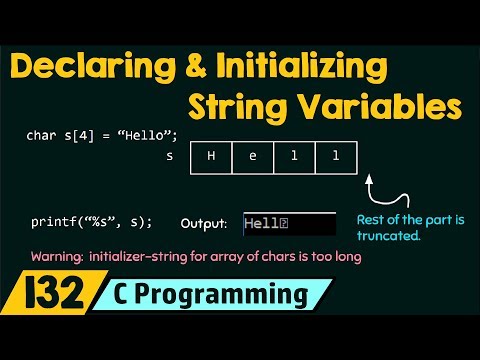
Found 37 images related to c++ insert variable into string theme

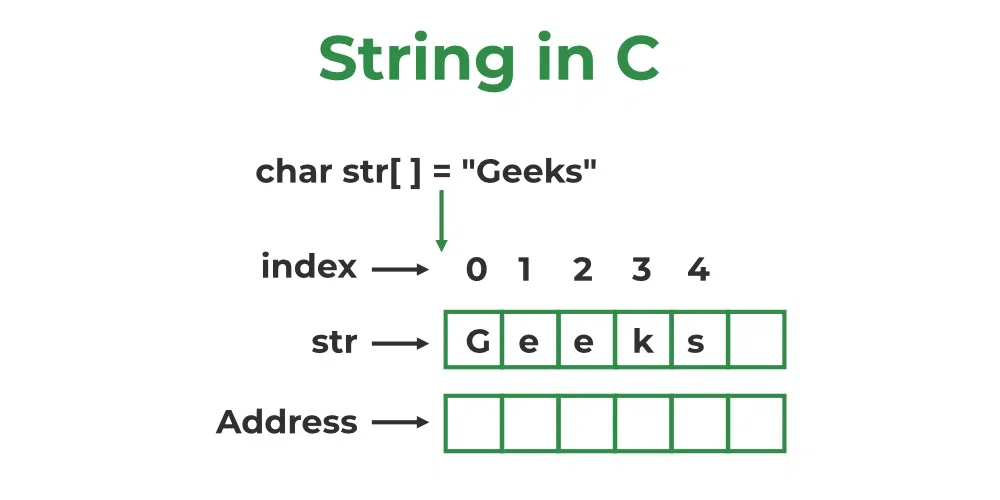







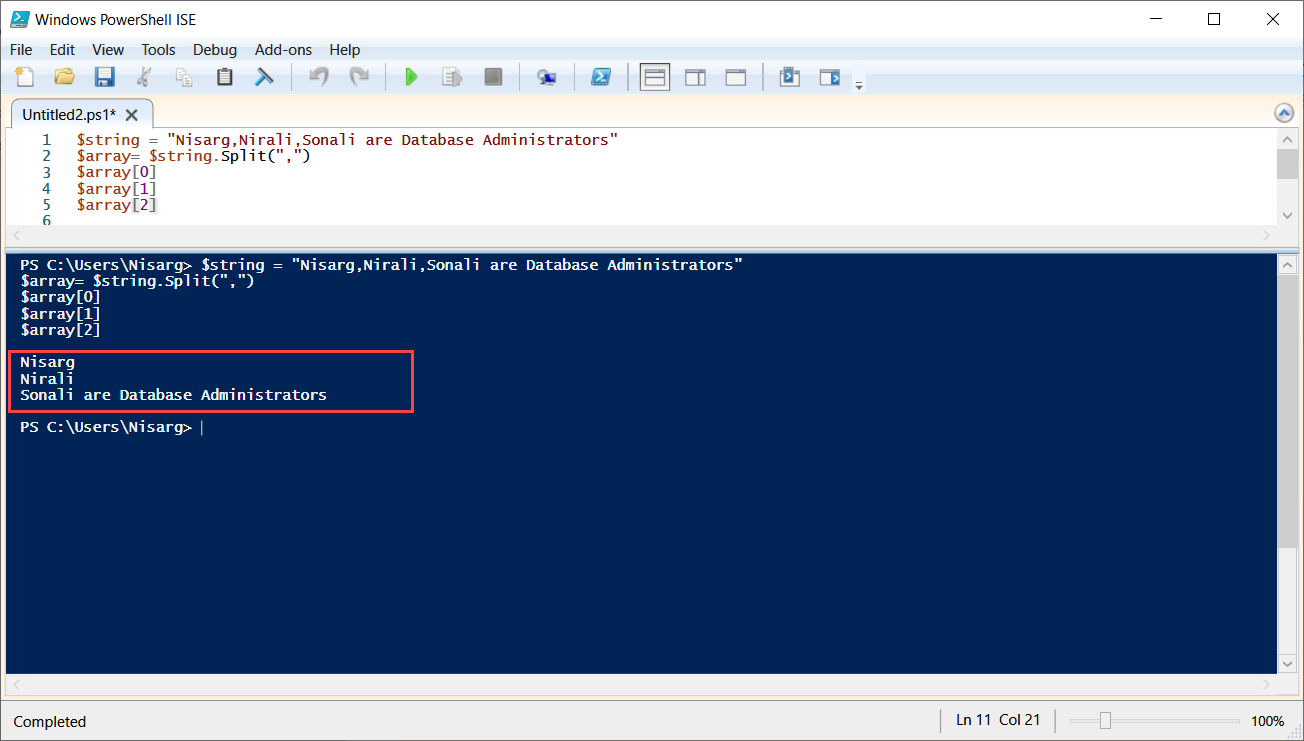

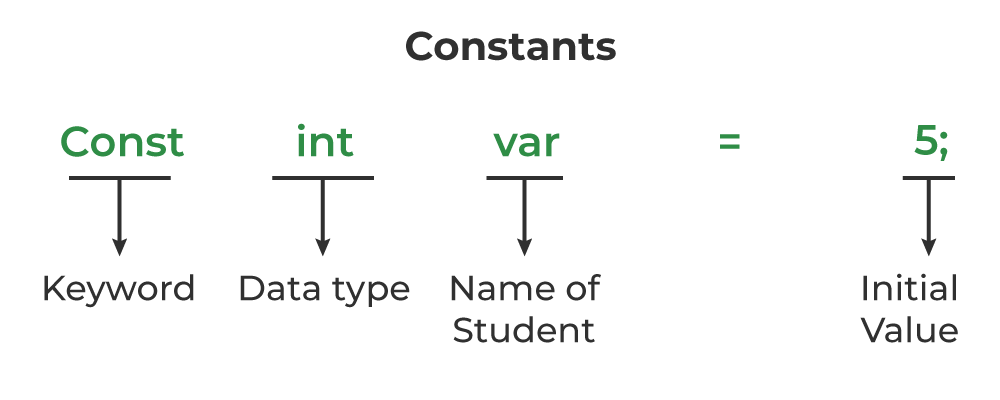
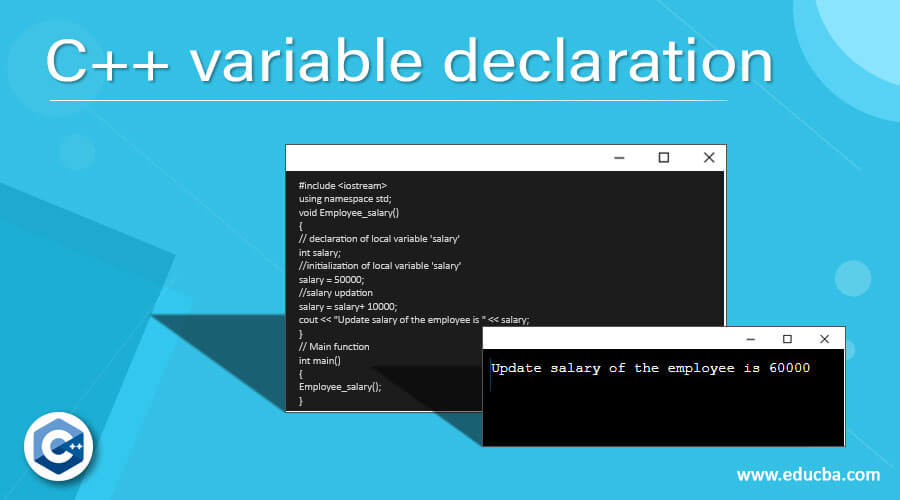
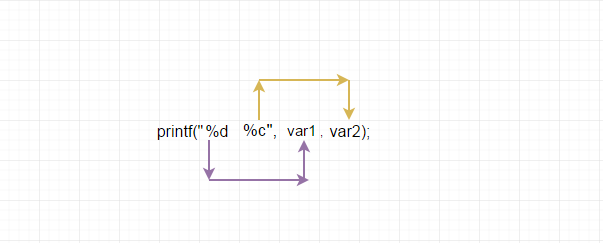


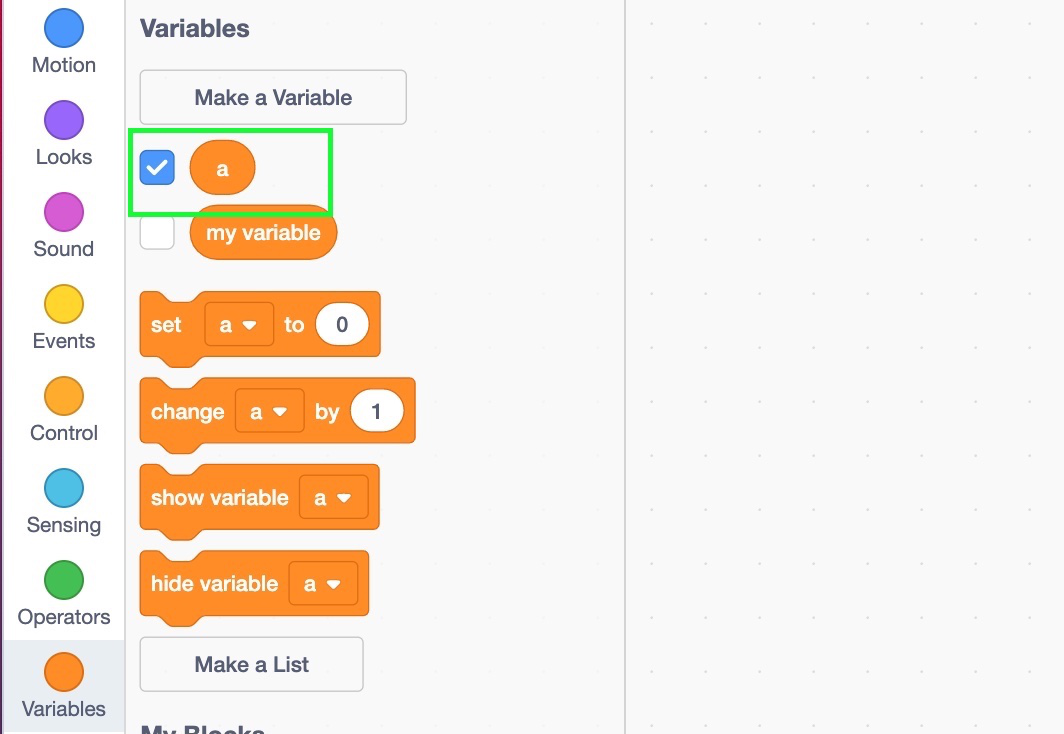


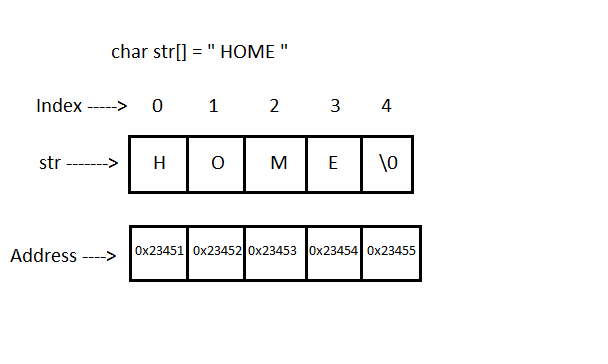
![FIXED] Putting quotation marks around variable names when concatenating strings - Bug Reporting - Codecademy Forums Fixed] Putting Quotation Marks Around Variable Names When Concatenating Strings - Bug Reporting - Codecademy Forums](https://global.discourse-cdn.com/codecademy/original/5X/c/d/e/a/cdeaff8dc4c70c9f0f2d73fb418484cf84f3ff15.png)
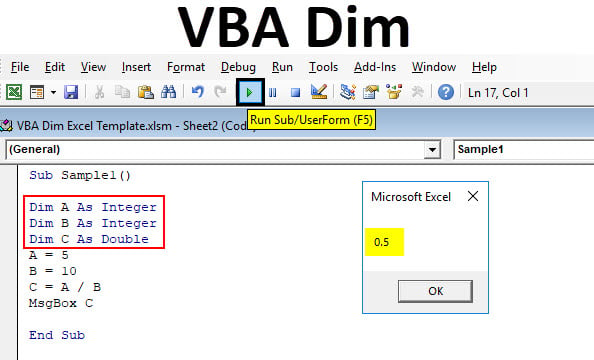
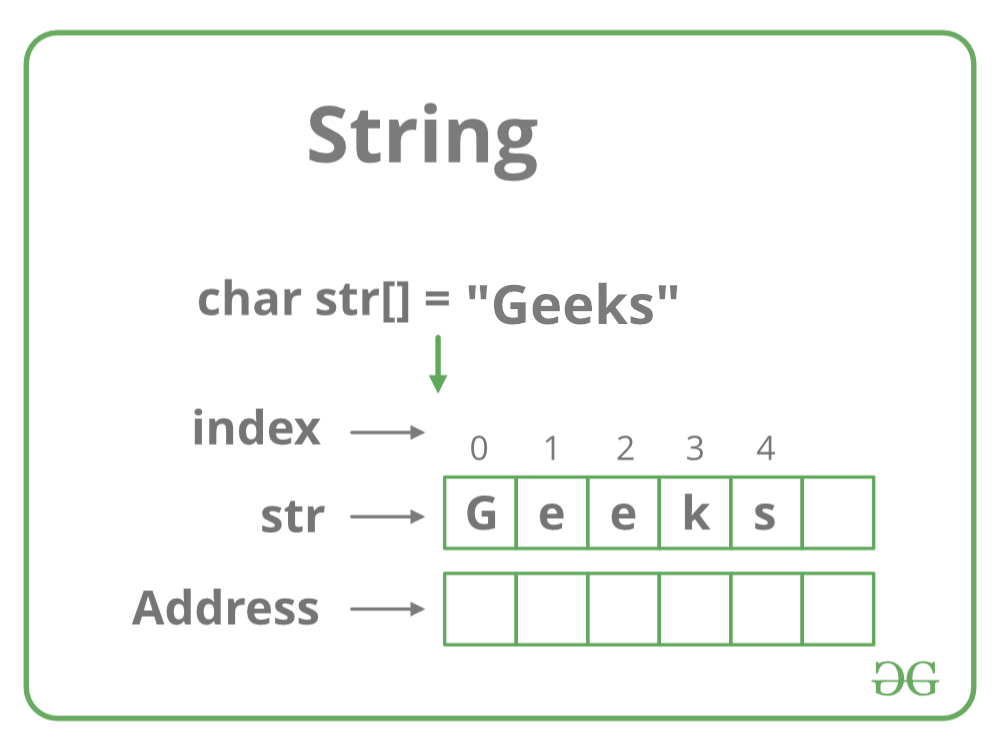


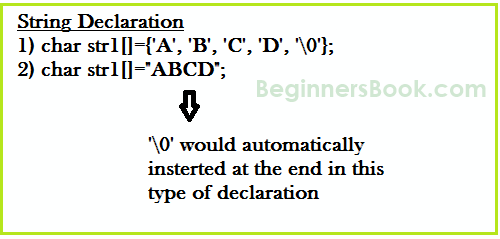
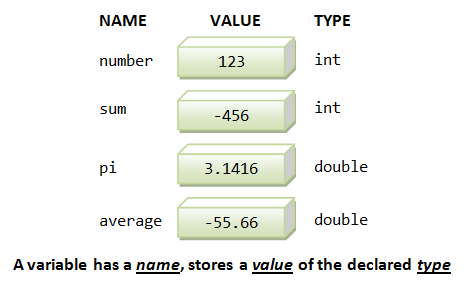


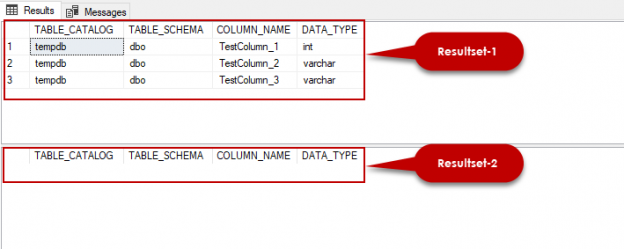




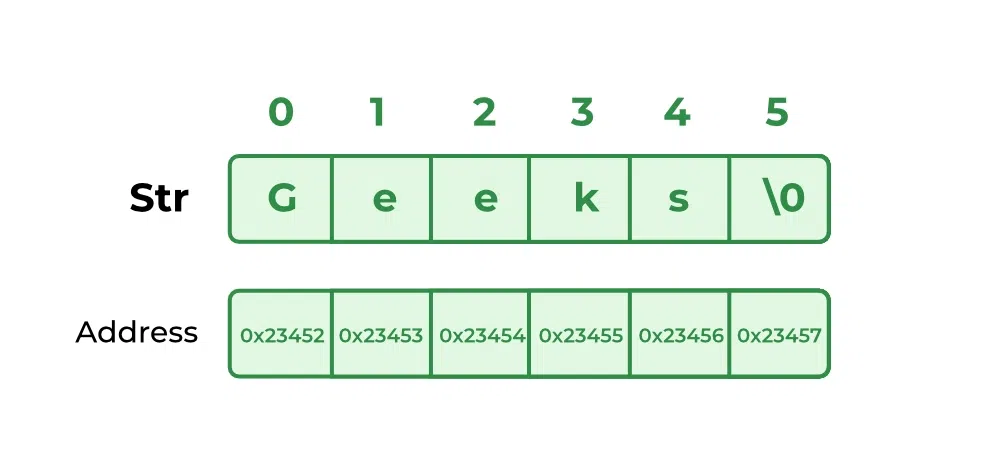
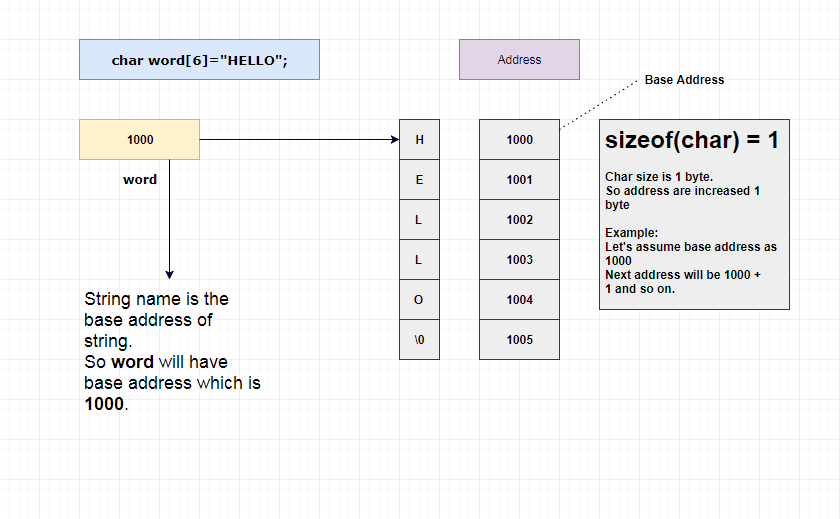
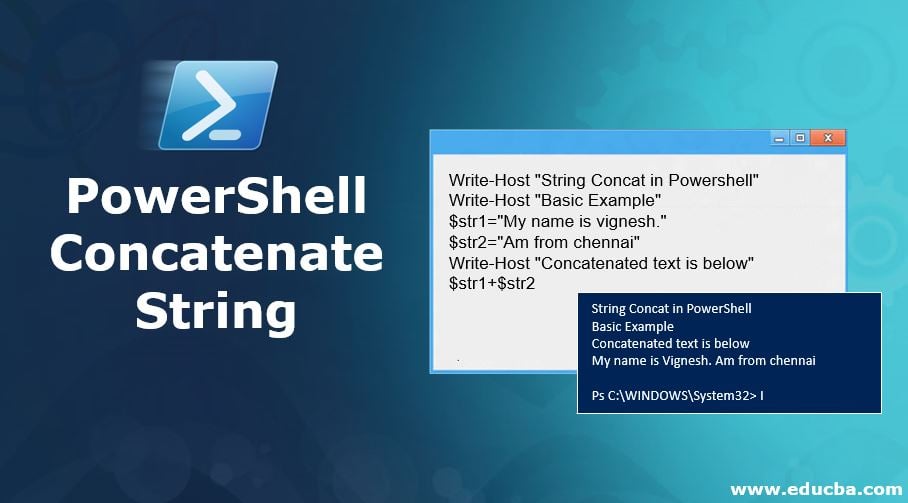
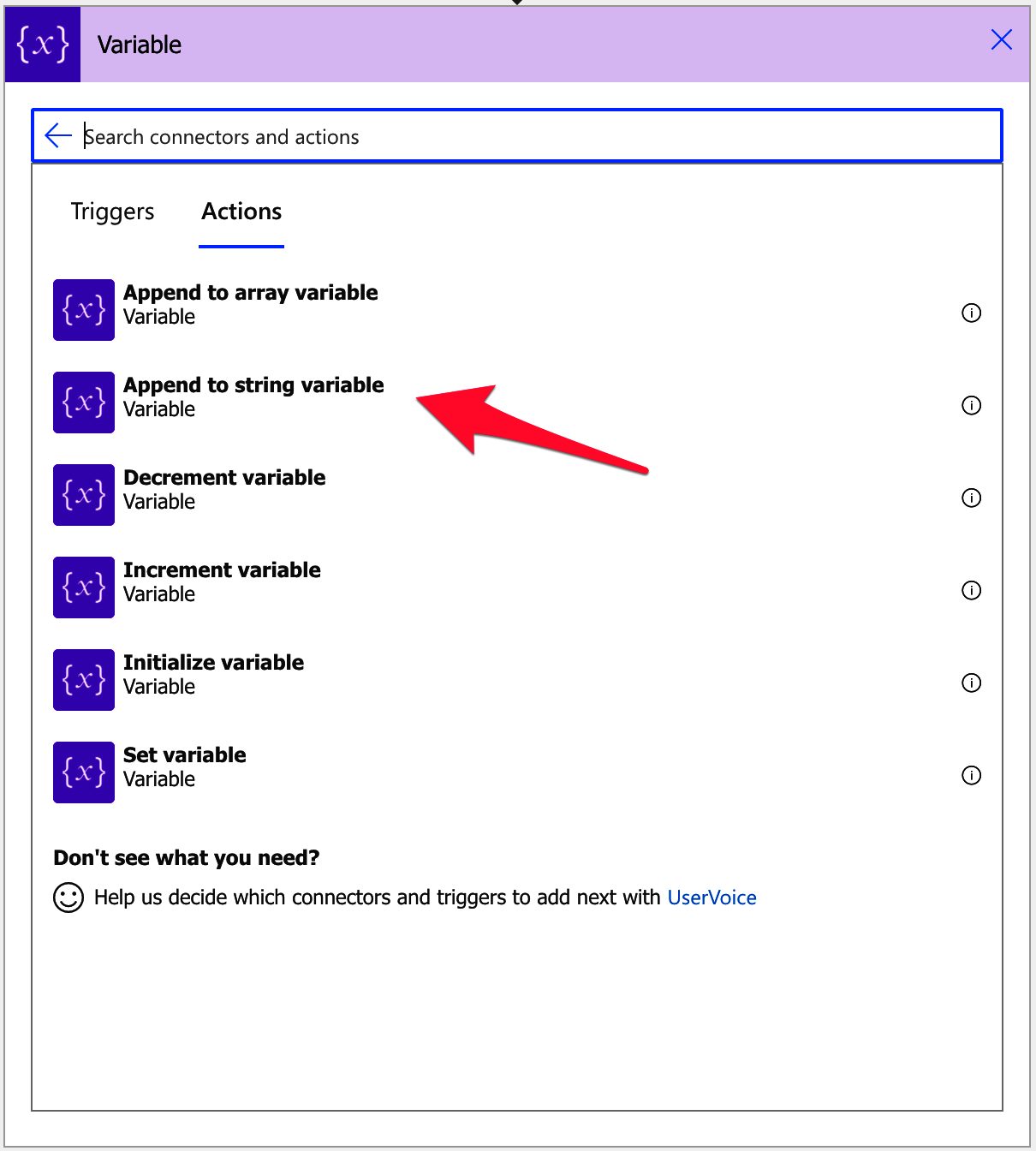
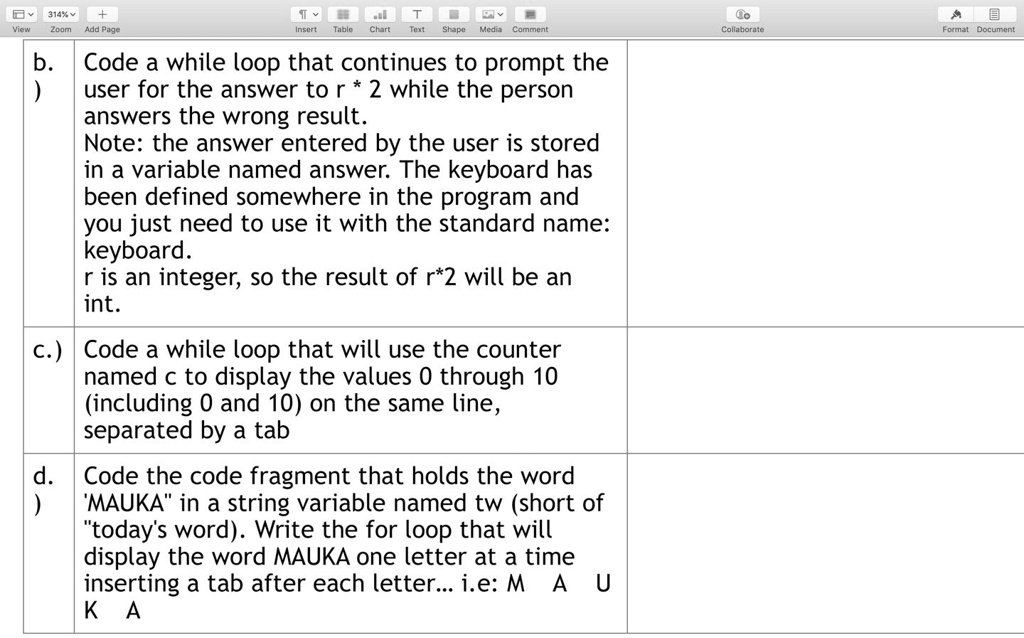
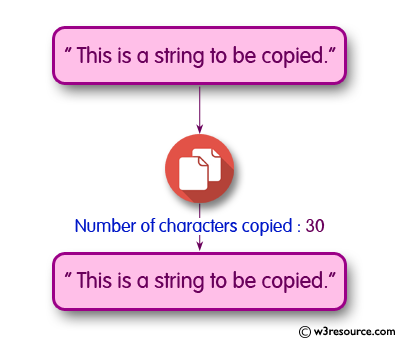





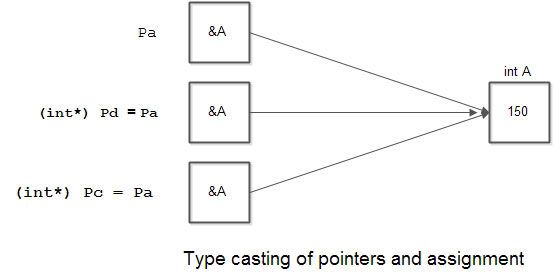
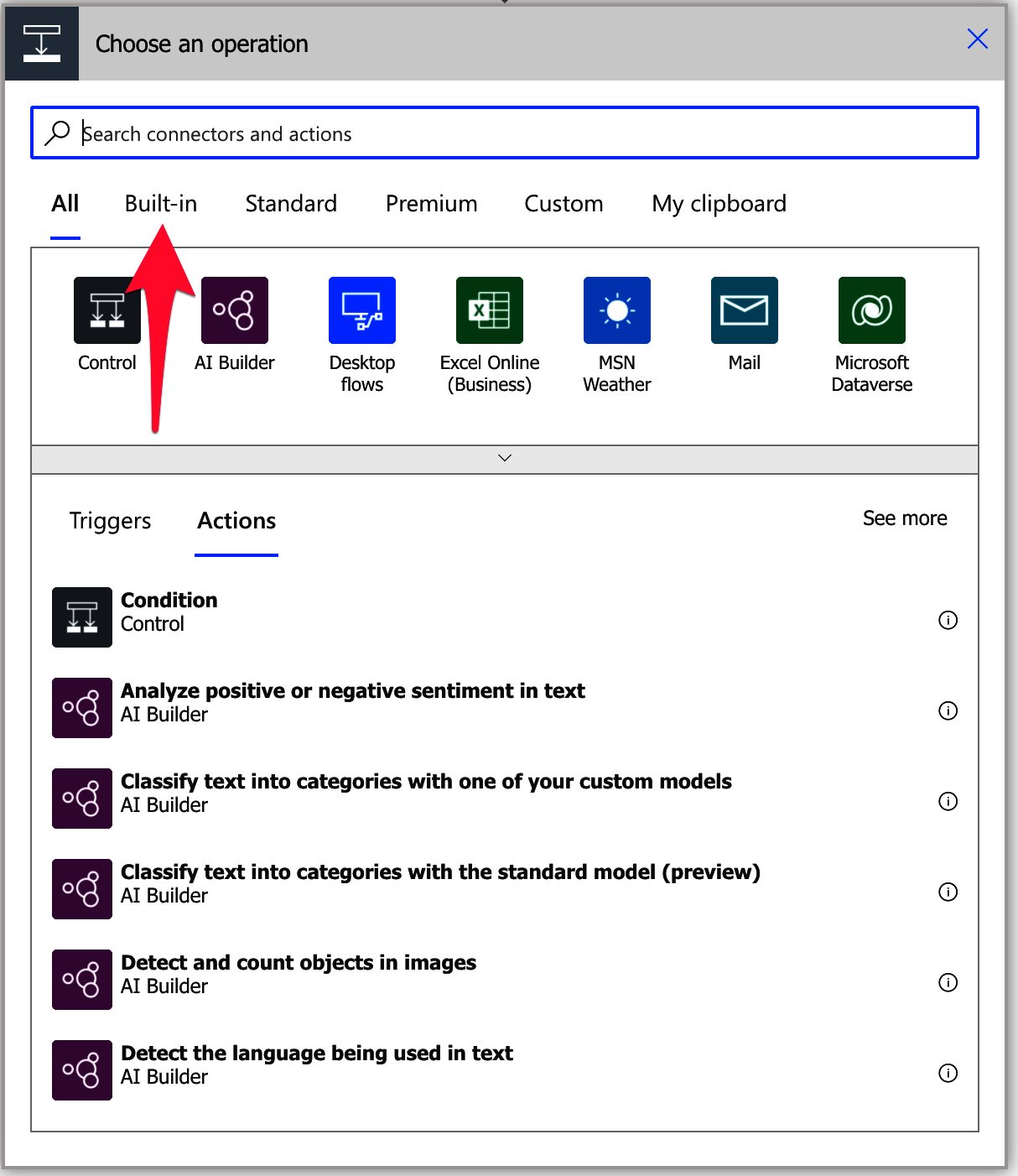

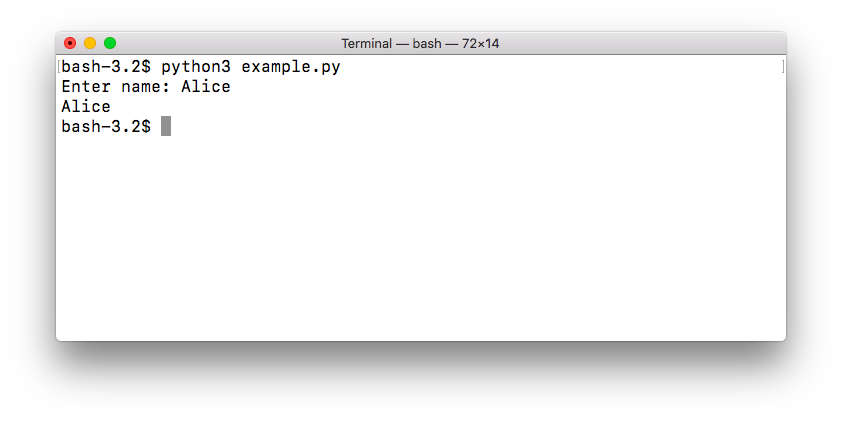
Article link: c++ insert variable into string.
Learn more about the topic c++ insert variable into string.
- Building Strings from variables in C – Stack Overflow
- how to insert variables into string with % sign? – c++ – DaniWeb
- C Strings – W3Schools
- How to play with strings in C – CodinGame
- C Strings Input/Output functions – Scaler Topics
- Strings in C: How to Declare & Initialize a String Variables in C
- Using Variables Inside Strings in C# – Code Maze
- C Strings – W3Schools
- Strings in C – GeeksforGeeks
- Creating strings from variables – Cookbook for R
- Handling text — strings in JavaScript – Learn web development
- C String – How to Declare Strings in the C Programming …
- Everything you wanted to know about variable substitution in …
See more: nhanvietluanvan.com/luat-hoc